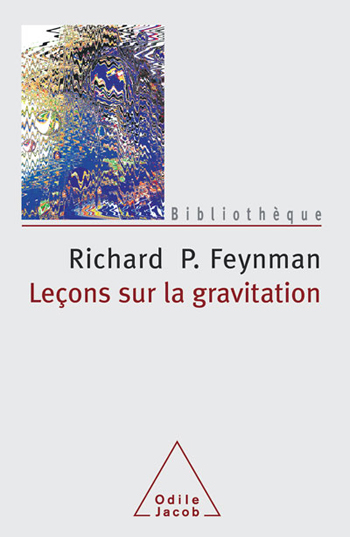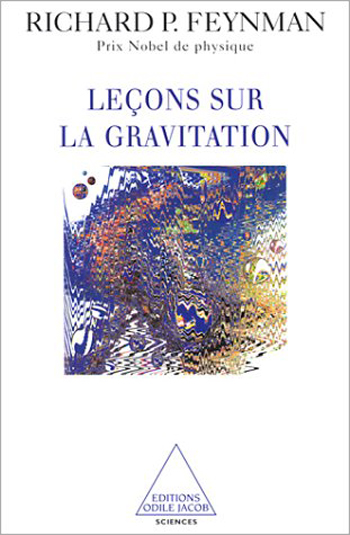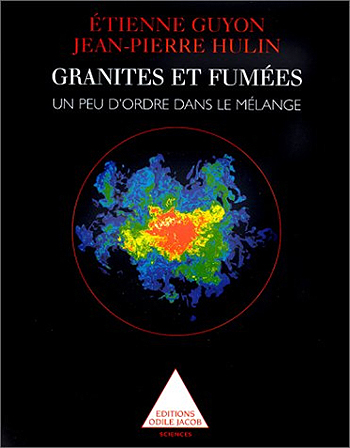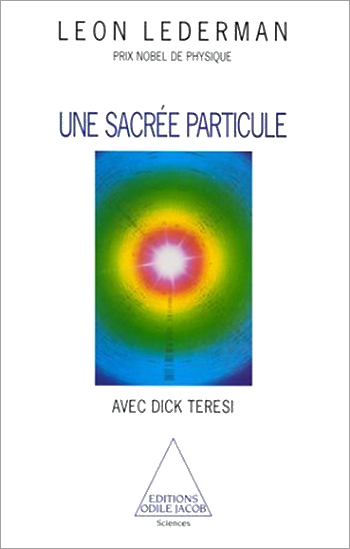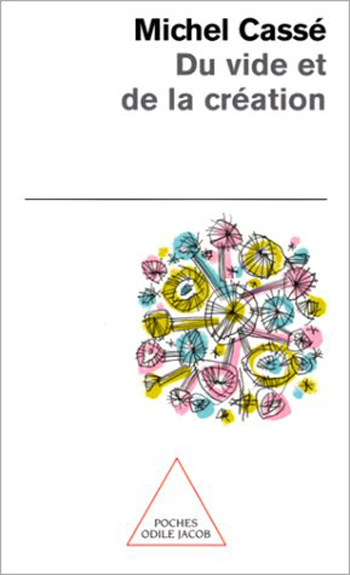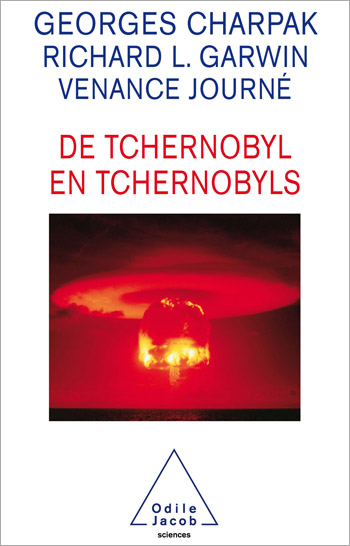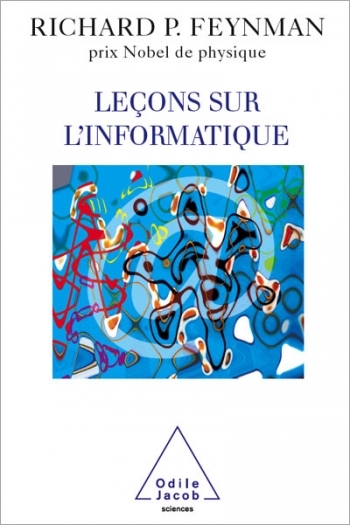Physics, Chemistry All books
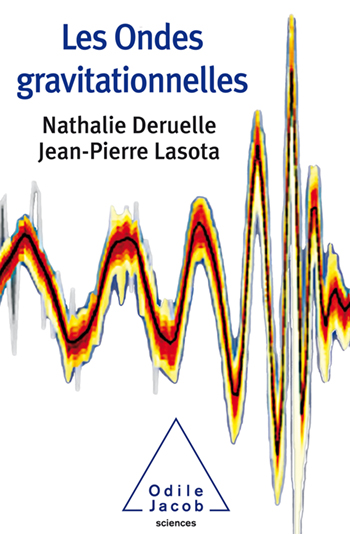
Nathalie Deruelle, Jean-Pierre Lasota
Gravitational Waves
An extraordinary, theoretical, and experimental saga told by two of the protagonists, or how a purely theoretical notion became a physical reality. A revolution: telescopes now observe in gravitational waves also! Astronomy of the future will be gravitational.
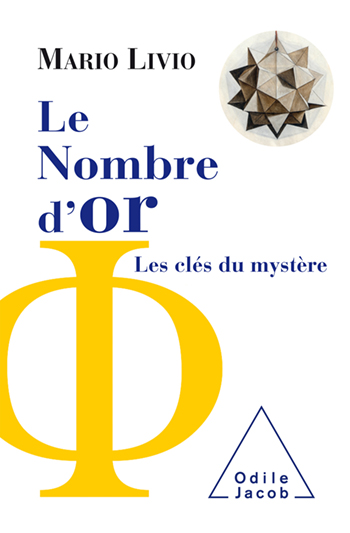
Mario Livio
The Golden Ratio: The Story of PHI, the World's Most Astonishing Number A mathematical myth
The Golden Ratio is a captivating journey through art and architecture, botany and biology, physics and mathematics.
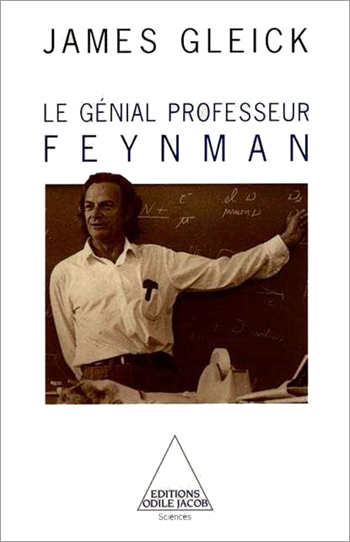
James Gleick
Genius: Richard Feynman and Modern Physics
Richard Feynman, Nobel Prize winner for his work on the description and calculation of interactions between particles, was a genius of our time. Quantum physics theoretician, enfant terrible of the Manhattan project and ascerbic critic of the investigative committee of the American space shuttle, Feynman left a profound impression on modern physics. James Gleick, a former journalist at The New York Times and author of the best-selling Chaos Theory, tells how Feynman's ideas were formed and how he reinvented particle physics. Through this portrait, Gleick explores the nature of genius itself and provides insight about the fascination that it engenders.
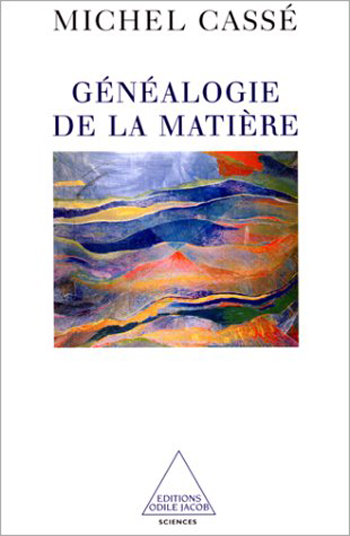
Michel Cassé
The Genealogy of Matter
Atoms originate in the stars. There is no real separation between the Earth and the sky, and matter forms one great whole, based on a series of nuclear reactions. Written in a lyrical, poetic style, this is a concise, clearly illustrated account of the birth of matter, aimed at the general reader. Michel Cassé is an astrophysicist and researcher at the CEA and the Institut Astrophysique, in Paris. He is the author of Du Vide et de la Création and La Petite Etoile.
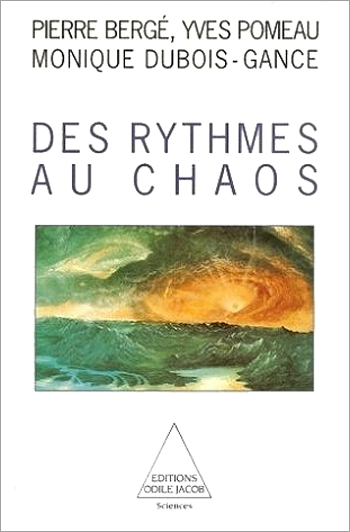
Pierre Bergé, Yves Pomeau, Monique Dubois-Gance
From Rhythm to Chaos
From the physics of particules to astronomy, from chemistry to biology, chaos is present in most scientific fields. Three specialists of this subject have undertaken, through many examples, to extract chaos from the scientific world in order to show how strong is its hold on our daily lives.
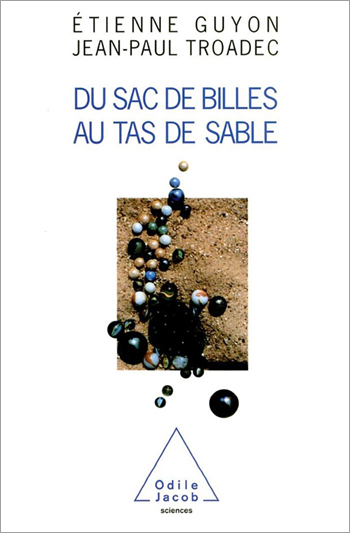
Étienne Guyon, Jean-Paul Troadec
From a Bag of Marbles to a Heap of Sand
Why don't sand dunes collapse? How does sand flow in an hourglass? How is it possible to empty a silo of all its wheat? What's a ceramic? The answer to all these questions can be found in the science of the complex organizations of matter, a science which is pluridisciplinary. Étienne Guyon, head of the École Normale Supérieure, and Jean-Paul Troadec, a researcher, present the characteristics of grain matter, the rules by which it is organized (in both crystal and fluid) as well as its movements (in silos as in avalanches).
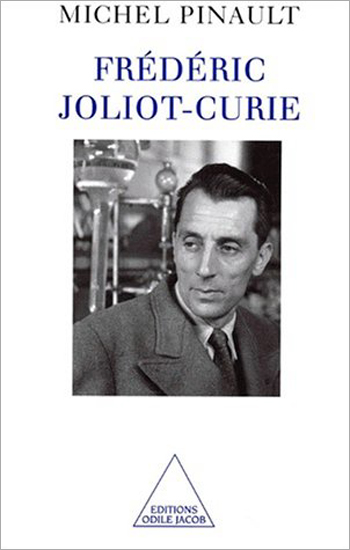
Michel Pinault
Frédéric Joliot-Curie
This is the first biography of Frédéric Joliot-Curie, the founder of French nuclear research and winner of the Nobel Prize for Chemistry in 1935. For many, he represents the political commitment of French intellectuals in the struggle against Fascism in the twentieth century. His life illustrates the transition from traditional science, limited to the world of academia, to Big Science, with major national and international repercussions. Michel Pinault holds an agrégation and a doctorate in history from the University of Paris I.
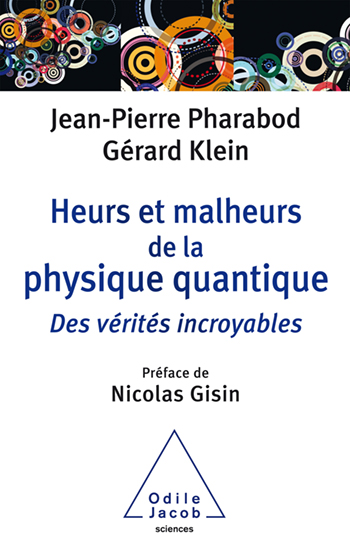
Jean-Pierre Pharabod, Gérard Klein
Fortune and Misfortune in Quantum Physics (Re)discovering the great theories of physics
The great theories of physics seen through the controversies they provoke. Quantum physics and general relativity, the two pillars of modern physics, are a source of fascination to many. Difficult subjects tackled in their historical context and without scientific tools.
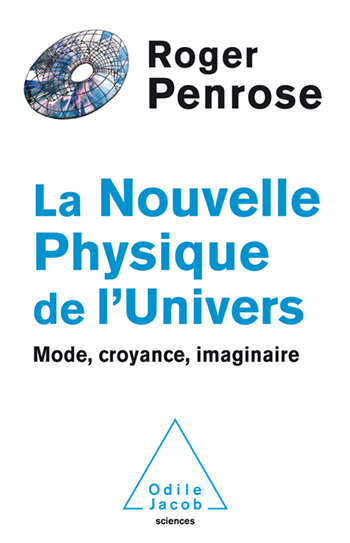
Roger Penrose
Fashion, Faith, and Fantasy in the New Physics of the Universe The Big Bang and the effect of fashion
Roger Penrose is a world-renowned theoretical physicist. The author of many books on cosmology, he is emeritus professor of mathematics at the University of Oxford.

